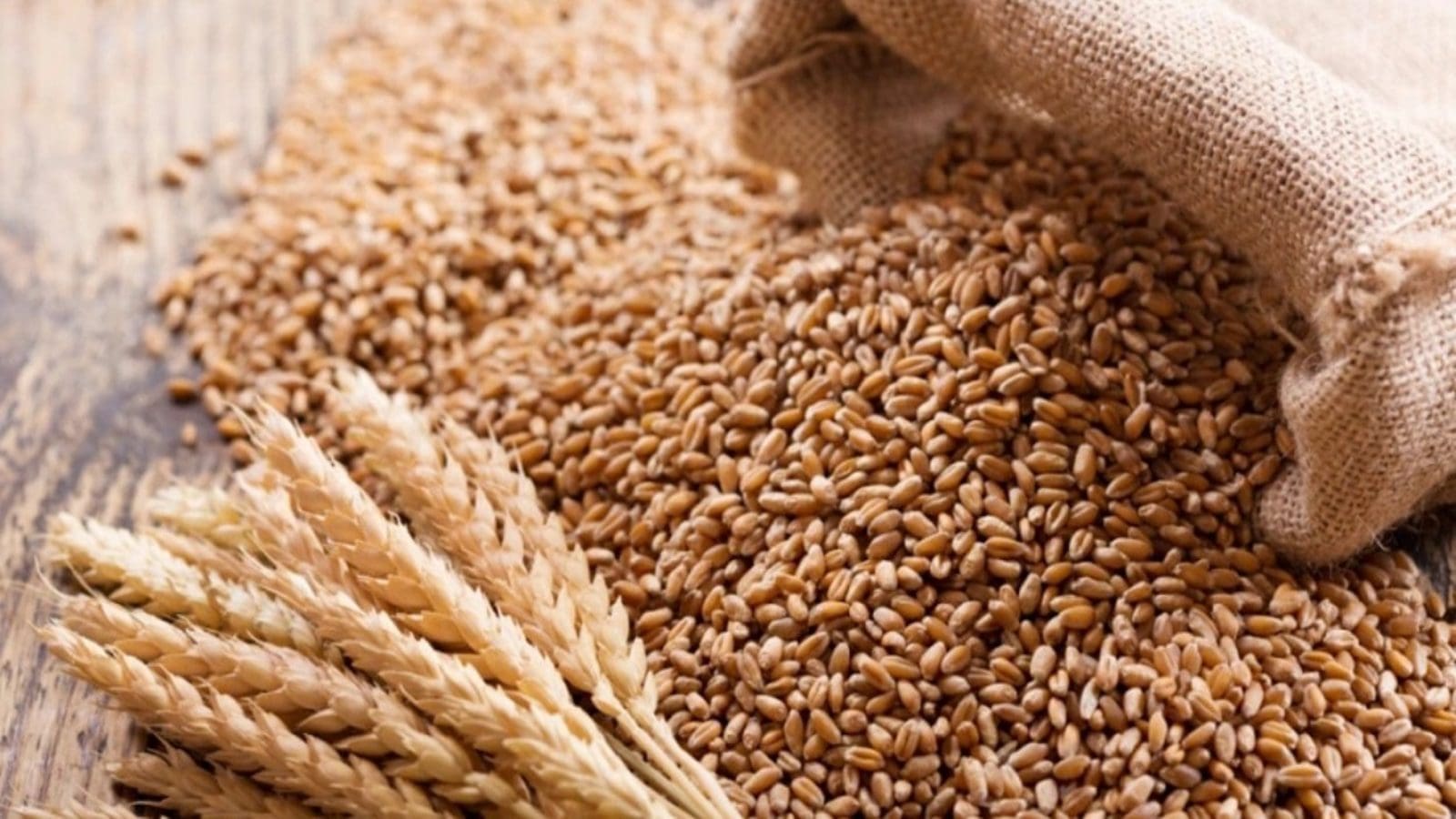ETHIOPIA – Ethiopia has achieved wheat self-sufficiency after harvesting over 110 million quintals (11 million tonnes) of the crop during the first six months of the fiscal year, according to the Ministry of Agriculture.
Meles Mekonnen, the state Minister for Agriculture added that at least 52 million quintals of additional harvest are also expected in the remaining months as more than 1.3 million hectares of land are under wheat.
Ethiopia’s success follows recent aggressiveness in raising the country’s wheat production in a bid to wean itself from exports, which were increasingly becoming unreliable
In particular, cluster farming, and subsidized fertilizer have boosted production to meet the annual wheat demand in the Ethiopian market which is about 97 million quintals (9.7 million tonnes), the ministry said.
Concerning agricultural produce, Meles stated that the goal is to collect 400 million quintals (40 million tonnes) of different types of crops during this production period.
To realize this, he revealed that 13.4 million hectares of land have been cultivated with 12 major types of crops through regular and integrated farming methods of which, over 6.1 million hectares have been covered with major crops.
This was backed by Zena Habtewold, the Director of Strategic Affairs who said that the supply of inputs and fertilizer has positively contributed to increased production.
He revealed that about 12.8 million quintals of fertilizer have been purchased and imported into the country in addition to selected seeds supplied to farmers.
Moreover, the government has allowed the duty-free importation of more than 600 high-tech agricultural equipment into the country.
Abiy Launches National Wheat Export Program
As wheat production skyrockets, Prime Minister Abiy Ahmed has presided over the national wheat export launch program in Bale Zone, Oromia region.
The Prime Minister said that the move is one of its kind in making Ethiopia’s wheat export dream a reality.
“We have been demonstrating the fact that we are capable of achieving what we have planned in the Green Legacy Initiative and the Grand Ethiopian Renaissance Dam.
“And now we have shown Ethiopians and the world that we have been able to export wheat production in addition to halting import.”
He added that Oromia and Amhara regions have carried out large summer irrigation development activities resulting in some 10 million quintals (1 million tonnes) of wheat being ready for the foreign market in this fiscal year.
Ambassador Girma Biru, the macroeconomic advisor to the Prime Minister said that the government produced wheat on a large scale following the national reform, substituting imported wheat with domestic production in a short period.
He added that there is a surplus of 32 million quintals (3.2 million tonnes) currently from the country’s domestic consumption.
To this end, a contract of three million quintals has been signed with six countries that are interested in buying wheat this year, including Sudan and Kenya, it was indicated.
For all the latest food industry news from Africa and the World, subscribe to our NEWSLETTER, follow us on Twitter and LinkedIn, like us on Facebook and subscribe to our YouTube channel










